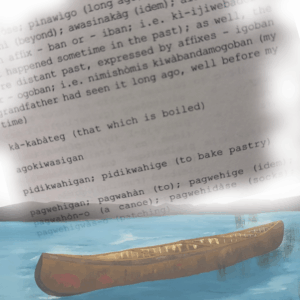First Nations languages: voices of land, culture and spirit

Language is more than words, It’s how we express love, teach values, share stories, pass down Knowledge and connect to the spirit of our ancestors.
For First Nations peoples, language is deeply tied to the land, the natural world, ceremony and identity. Each word carries teachings. Each phrase holds a worldview shaped by generations living in relationship with the land.
But colonization attempted to silence those voices.
Through Residential Schools, policies like the Indian Act and systemic erasure, Indigenous languages across Turtle Island were deliberately suppressed. Many fluent speakers were lost. Some languages were nearly extinguished.
And yet — they endure.
Across the country, First Nations communities are reclaiming, restoring and revitalizing their ancestral languages. From immersion schools to apps, community gatherings to mentorships with Elders, the movement is growing.
Every word spoken is an act of resurgence.
Every child learning their ancestral language is a spark of cultural fire.
Every person who chooses to listen, support and uplift these efforts helps that fire grow.
💬 What You Can Do:
- Learn a greeting or phrase in the local First Nation’s language
- Listen to Indigenous language speakers on YouTube, TikTok, or local podcasts
- Support language revitalization programs in your community or donate to ones across the country
- Use language with respect — pronunciation and context matter
- Ask whose land you’re on and what languages are spoken there — Start here
📚 First Nations Languages to Explore:
- Nêhiyawêwin (Cree)
- Anishinaabemowin (Ojibwe)
- Kanien’kéha (Mohawk)
- Dene Yatié (Dene)
- L’nui’simk (Mi’kmaq)
- Sm’algyax (Tsimshian)
- SENĆOŦEN (Coast Salish)
…and so many more.
There are over 70 Indigenous languages across Turtle Island each a treasure, each worth protecting.
This Indigenous History Month, let’s honour the voices that were never meant to be silenced.
Language is life. Language is resistance. Language is love.
